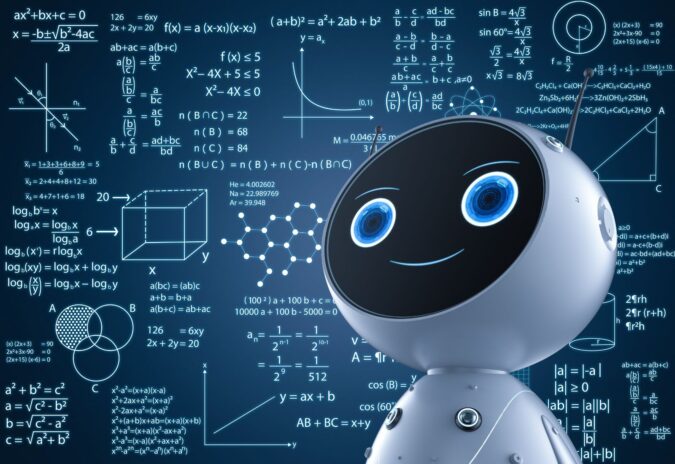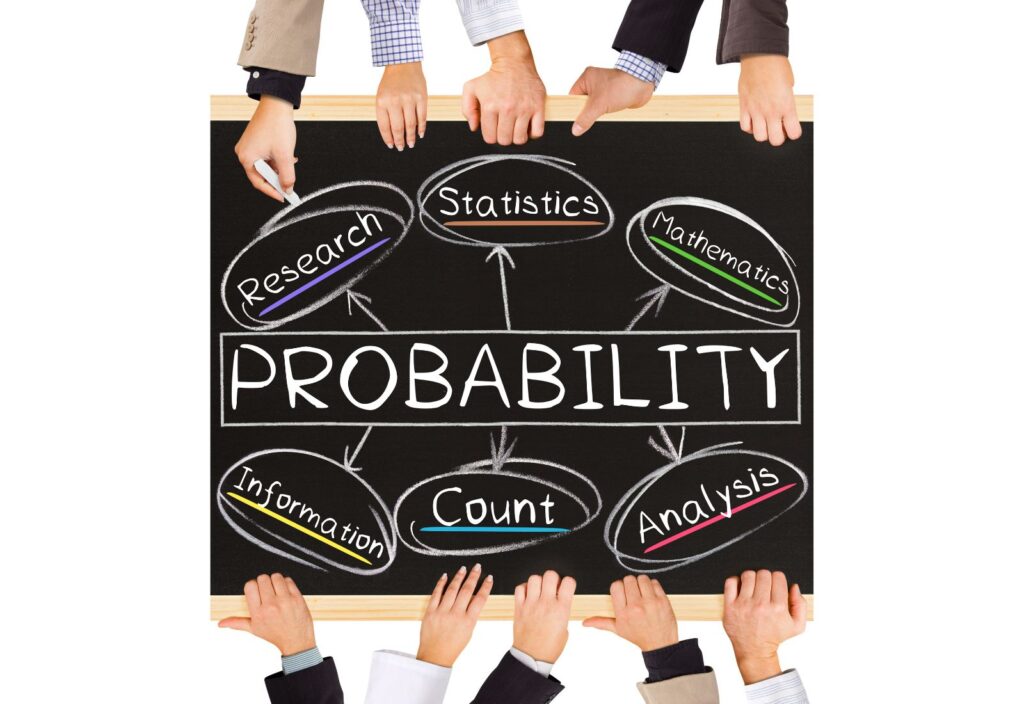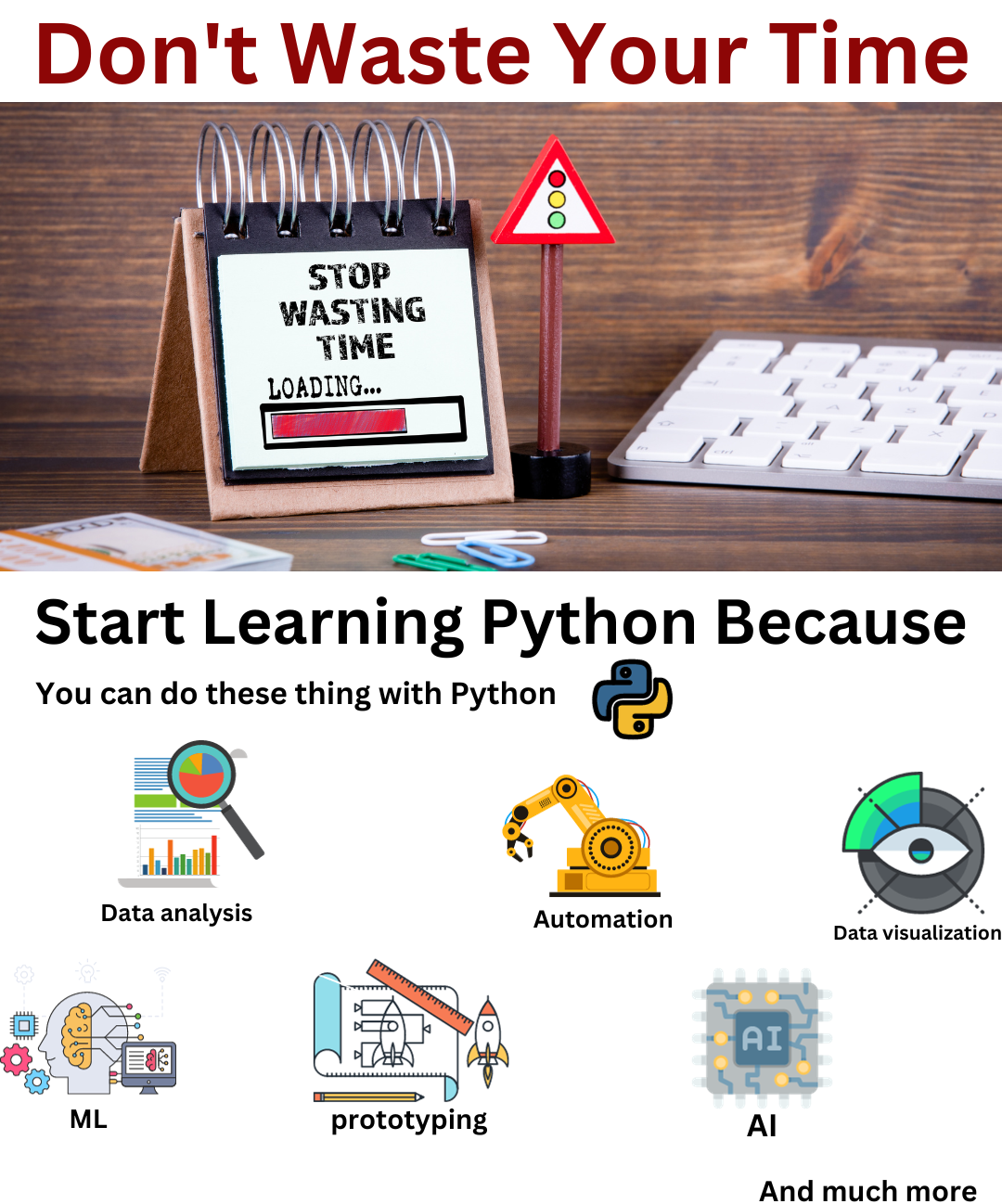
What is Machine Learning?
In this article, we will understand how we use Mathematics for Machine learning, but before that, let’s understand What is Machine Learning? Machine Learning is mainly about developing intelligent models that can automatically extract important information and patterns from data and drive actions according to our requirements. Data Science and Machine learning are one of the most trending technologies in many sectors such as business, research, healthcare, and education in recent times. You can learn more about this here.
Introduction to Mathematics for Machine Learning
Machine Learning is being widely used in almost all areas of the real world, from Google Assistant to self-driving cars. But here, an important question arises, what is the trick behind Machine Learning models that makes human life much easier. Well, the answer to that is Mathematics. Mathematics is the core of designing ML algorithms that can automatically learn from data and make predictions. Therefore, it is very important to understand Mathematics before going into a deep understanding of ML algorithms and developing the model.
Role of Mathematics in Machine Learning
There are so many reasons why Mathematics for Machine Learning is important and some of them are listed below
- Having the knowledge of Mathematics helps in selecting the right algorithm for the model
- It helps in identifying underfitting and overfitting by understanding the Bias-Variance.
- Mathematics plays an important role in choosing parameter settings and validation strategies.
- It also plays an important role in estimating the right confidence interval and uncertainty.
- Mathematics has many other important roles in ML which includes giving consideration to accuracy, model complexity, training time, number of features, and number of parameters.
Importance of Mathematics for Machine learning
Machine learning is majorly about Maths, which helps in creating an algorithm that can learn from data to make an accurate prediction. The prediction could be as simple as classifying humans and animals from a given set of pictures or what kind of products to recommend to a customer based on past purchases. Hence, it is essential to properly understand the maths concepts behind any central machine learning algorithm. This way, it helps you pick suitable algorithms for your project in data science and machine learning.
With the understanding of how ML algorithms are built with Mathematical concepts, you will know why we pick one machine learning algorithm over the other and how it affects the performance of the machine learning model.
Mathematical Concepts involved in Machine learning
In this topic, we will learn all the essential concepts of Mathematics that are used in Machine Learning. Machine learning is powered by five critical concepts Statistics, Discrete Mathematics, Linear Algebra, Probability, and Calculus. These are the mathematical concepts that you will encounter in your data science and machine learning career quite frequently.

Linear Algebra for Machine Learning Mathematics

The concepts of linear algebra are widely used in developing algorithms in machine learning. Understanding how to construct linear equations is a fundamental component in developing central machine learning algorithms. It is applied in one of the important machine learning algorithms, known as Linear Regression. It is applied in one more important concept, Principal Component Analysis which is used to reduce the dimensionality of data, we use linear algebra. Linear algebra is also used in neural networks for the processing and representation of networks.
Linear algebra is exceptionally useful when we are dealing with a huge dataset. Linear algebra is applied in machine learning algorithms in loss functions, regularisation, covariance matrices, Singular Value Decomposition (SVD), Matrix Operations, and support vector machine classification.
Calculus in Mathematics for Machine Learning

Calculus helps us learn and optimize a model in machine learning. The process of getting the best parameters is known as optimization, and calculus helps solve optimization problems in the ML model. Different ML algorithms optimize an objective function with respect to a set of desired model parameters that control how well a model explains the data.
Calculus is utilized in algorithm training which helps in optimization and getting good results from the model. Some of the optimization concepts where calculus is implemented are Derivatives, divergence, curvature, and quadratic approximations.
Statistics for Machine Learning

Statistical concepts are the core part of every Machine Learning model. Statistics is a concept that needs to be learned to understand Machine learning when working with classifications like logistic regression, distributions, discrimination analysis, and hypothesis testing. Statistics is the main part of mathematics for Machine learning. Some of the fundamental statistics needed for ML are Bayes’ Theorem, Combinatorics, Axioms, Variance and Expectation, Random Variables, Conditional, and Joint Distributions.
Probability

Probability helps in predicting the possibilities of events that will occur. In machine learning, there are three major sources of uncertainty such as noisy data, limited coverage of the problem area, and imperfect models. However, with the help of the right probability tools, we can estimate the solution to the problem. Some other ML concepts where probability is implemented are Hypothesis testing, Gaussian distribution, and the Probability density function.
Discrete mathematics

Discrete mathematics is concerned with non-continuous data, most often integers. Many ML applications need the use of discrete numbers. Most of the structures in artificial intelligence are discrete. As a result, the mathematics used to construct a neural network must include a discrete element, the integer representing the number of nodes and interconnections.
Ways to learn Mathematics for Machine Learning
Learning math for machine learning is not a very difficult thing because there are multiple resources available nowadays, including books, online courses, and blogs specifically for Machine Learning. All these resources provide a lot of knowledge about the Maths topics required for Machine Learning. You are not required to be an expert in Maths, instead only good knowledge of the important concepts is enough for getting started with Machine learning.
Text-Books to learn Mathematics for Machine Learning
- All of statistics: A Concise Course in Statistical Inference book by Larry Wasserman.
- Mathematics for Machine Learning book by Marc Peter Deisenroth.
- Hands-on Mathematics for deep-learning book by Jay Dawani.
Online courses to learn Mathematics for Machine Learning
- Linear Algebra, Probability & Statistics, Multivariable Calculus, and Optimization. by Khan Academy.
- Foundations to Frontiers on edX.
- Introduction to Statistics on Udacity.
Conclusion
From this article, you would’ve understood why Mathematics plays a key role in Machine Learning. So, keep learning Mathematics side by side with the Machine learning algorithms so that you can understand which is the right algorithm that you need to pick for your model.
I hope you found this article helpful. Comment down if you have any doubts or want an article from us.
Thank you for visiting our website.

Also Read:
- Flower classification using CNN
- Music Recommendation System in Machine Learning
- Create your own ChatGPT with Python
- Bakery Management System in Python | Class 12 Project
- SQLite | CRUD Operations in Python
- Event Management System Project in Python
- Ticket Booking and Management in Python
- Hostel Management System Project in Python
- Sales Management System Project in Python
- Bank Management System Project in C++
- Python Download File from URL | 4 Methods
- Python Programming Examples | Fundamental Programs in Python
- Spell Checker in Python
- Portfolio Management System in Python
- Stickman Game in Python
- Contact Book project in Python
- Loan Management System Project in Python
- Cab Booking System in Python
- Brick Breaker Game in Python
- Tank game in Python
- GUI Piano in Python
- Ludo Game in Python
- Rock Paper Scissors Game in Python
- Snake and Ladder Game in Python
- Puzzle Game in Python
- Medical Store Management System Project in Python
- Creating Dino Game in Python
- Tic Tac Toe Game in Python
- Test Typing Speed using Python App
- MoviePy: Python Video Editing Library

